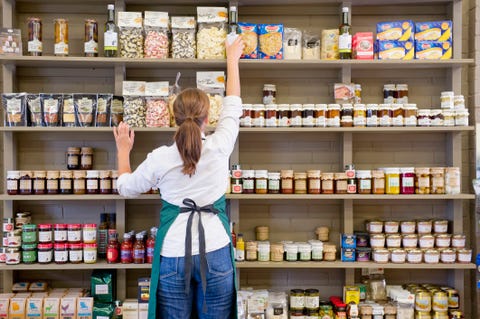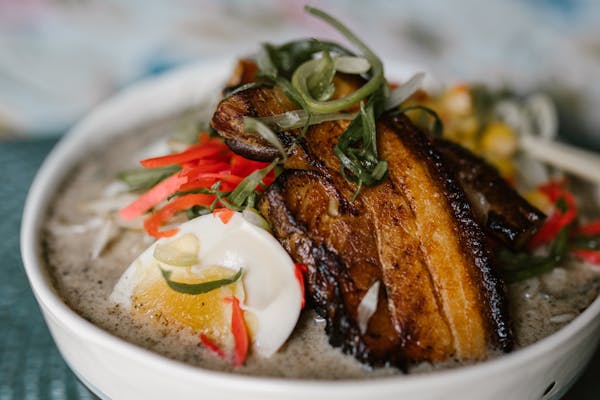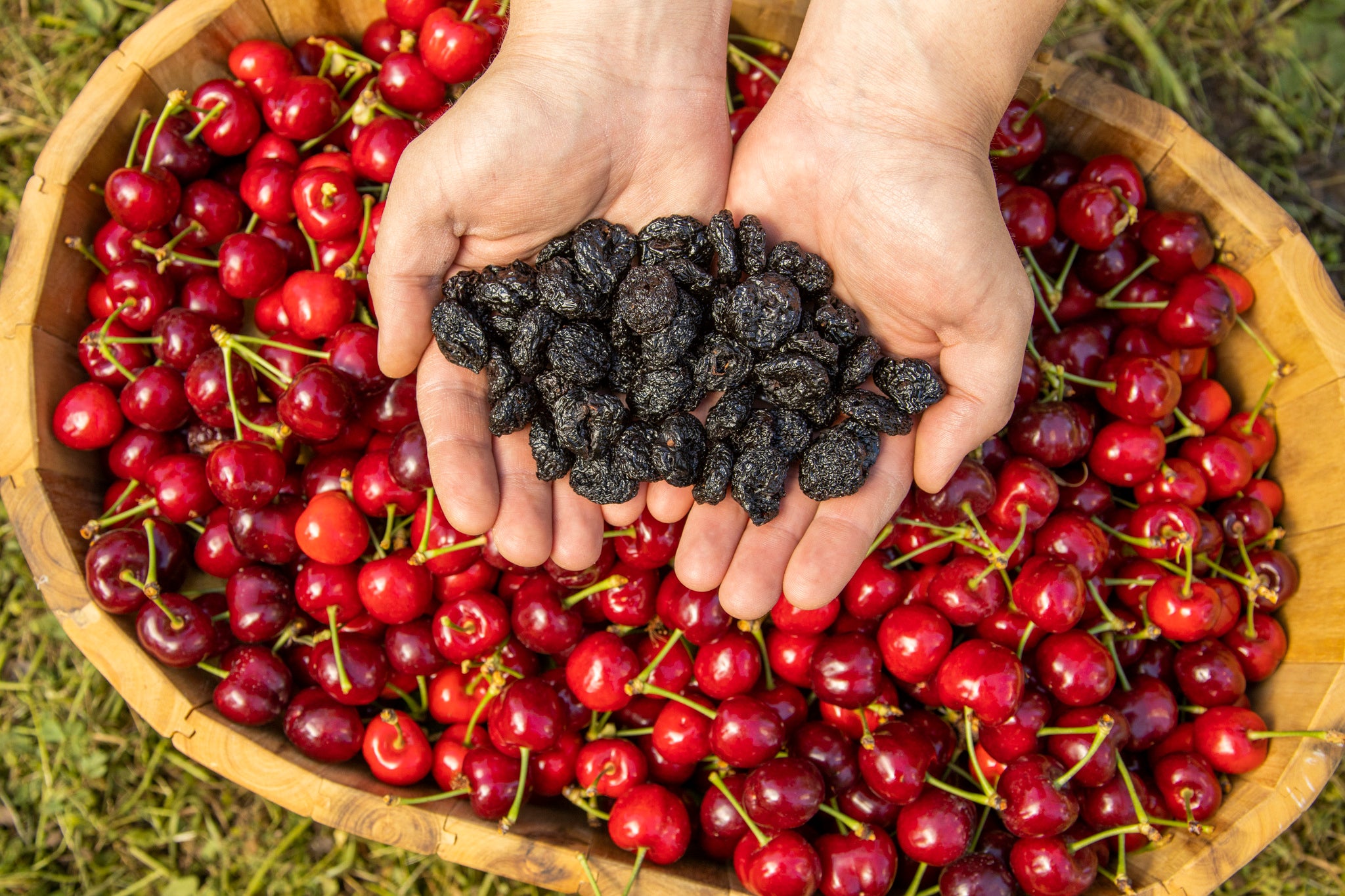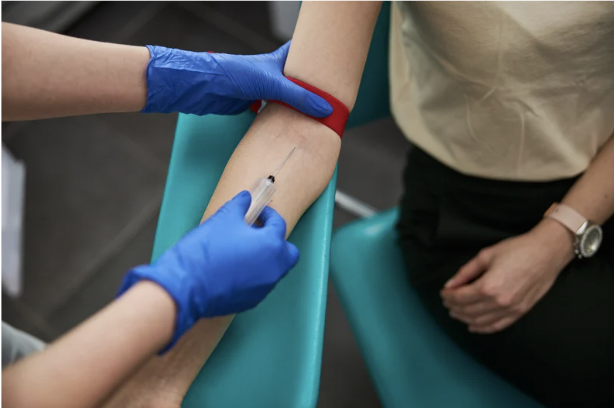Minnesota And Vermont Are Recognizing Grocery Store Employees As ‘Emergency Workers’

Jacobs Stock Photography LtdGetty Images
The news around the COVID-19 outbreak is constantly changing, but information about food safety and how to keep yourself healthy is crucial right now. Here is a comprehensive list on the foods you should be stocking up on during this period of social distancing, as well as information about your local grocery stores’ changing hours, an explanation of “no-contact delivery,” and a guide on how to help your community and its businesses throughout closures.
Grocery store employees are being classified as emergency workers in the state of Minnesota due to the work they’ve been doing during the coronavirus outbreak. Emergency workers include health care providers, firefighters, and other first responders.
Minnesota’s Governor Tim Walz signed an executive order that gives state provided childcare to emergency workers. Under the order, grocery store workers fall into the “emergency workers” classification. This includes grocery store cashiers, stockers, and deli staff.
While many industries are working from home or are shut down completely, grocery stores are working on limited hours, dealing with big crowds, and keeping shelves well-stocked. Providing childcare to grocery store workers allows them to continue to do their jobs while children are at home because of school closures.
The Minnesota Grocers Association tweeted out its appreciation for the steps taken by Governor Walz during this time. “This allows frontline workers childcare as they serve and feed Minnesotans. Thank you @GovTimWalz for supporting our industry during this challenging time!” the tweet read. Vermont is also in the process of giving grocery store employees the same services.
While service workers like grocery store employees and restaurant workers are still going into work to provide people with products and orders, many companies are trying to give them the resources they need while they’re at work or should they become sick. Delivery apps like DoorDash and Uber Eats are offering paid sick leave to drivers if they’re affected by coronavirus and Starbucks is offering catastrophe pay to those impacted as well.





